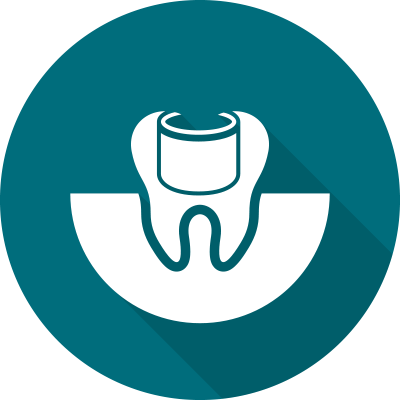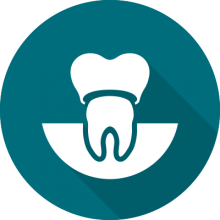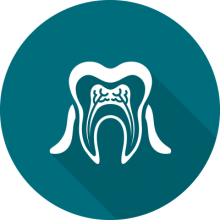Űrlap fejléc
Call us on
Ireland Toll Free: +353-1-800-817-333 (From landline only)
UK Toll Free: +44-0-808-258-0095
or request a call back:
Free First Consulting.
Book Now!
Ireland Toll Free (From landline only): +353-1-800-817-333
UK Toll Free: +44-0-808-258-0095
Tooth Filling and Ceramic Inlays
A tooth filling is a way to restore a tooth damaged by decay back to its normal function and shape.
When a dentist gives you a filling, he or she first removes the decayed tooth material, cleans the affected area, and then fills the cleaned out cavity with a filling material. By closing off spaces where bacteria can enter, a filling also helps prevent further decay. Materials used for fillings include gold, porcelain, a composite resin (tooth-coloured fillings), and an amalgam (an alloy of mercury, silver, copper, tin and sometimes zinc).
Inlay/Onlay
An inlay or onlay may be recommended over a direct filling in cases of more extensive decay. While the latter involves direct application of the filling material to the tooth, an Inlay or onlay is fabricated in our lab and then bonded to the tooth. Although these pure ceramic restorations are more expensive options than traditional fillings, they do offer several advantages:
- Excellent resistance to biting force
- Highly protective against recurrent decay
- E.max press ceramic material for a superior aesthetic
Before - Outdated amalgam fillings
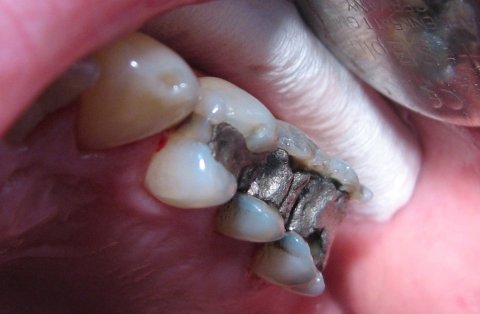
After Ceramic Inlays are fitted
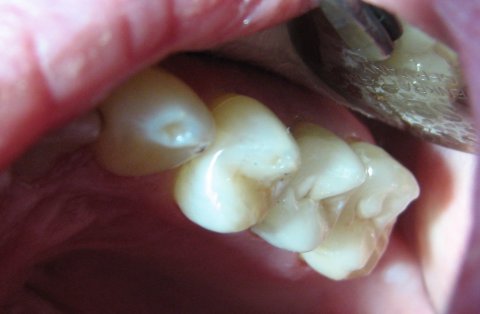
Before - Outdated amalgam fillings
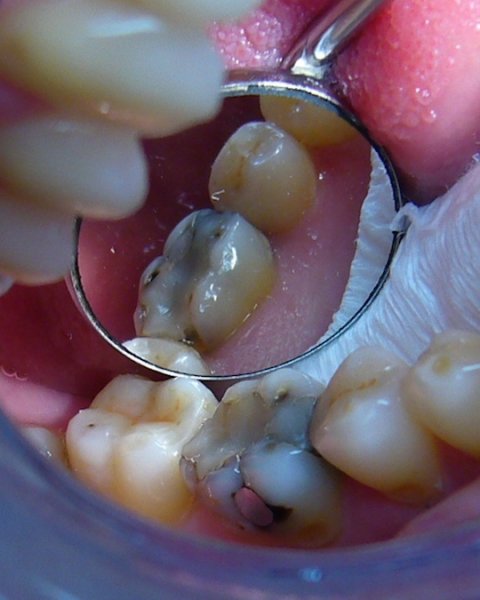
After Ceramic Inlays are fitted
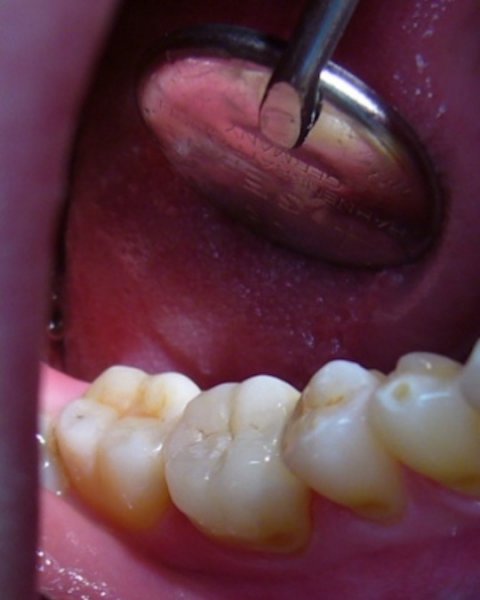
Do you like what you see?
What is a Tooth Filling?
A tooth filling is a means by which a tooth affected by decay can be restored to its normal shape and function. During treatment, the decayed parts of the tooth are removed and the affected area is cleaned. A filling material is then used to seal the spaces through which bacteria can enter.
Are there different ways of filling a tooth?
Depending on the amount and area of tooth to be filled, a cavity can be corrected using one of three methods.
Direct Filing
A direct filing involves placing soft filling material (usually made of composite resin) directly into the prepared tooth. The material then sets hard to seal the affected area.
Inlay
An inlay may be recommended over a direct filling in cases of more extensive decay. While the latter involves direct application of the filling material to the tooth, an Inlay is made of a pure ceramic material and is fabricated in a lab and then boned to the tooth. Although an inlay is a more expensive option than a traditional filling, it offers several advantages:
- Excellent resistance to biting force
- Highly protective against recurrent decay
- Durable E.max pure ceramic materials for a superior aesthetic
Onlay
If the area of decay extends to the borders (or cusps) of the tooth, an onlay may be indicated. Inlays and direct filings are suitable only when a significant portion of the tooth’s biting surface is free of decay; in cases of wider damage, pure ceramic onlays may be recommended as a conservative alternative to a crown. Onlays are prefabricated in our lab and boned to the tooth, and offer the same aesthetic and protective attributes as inlays.
How much will a Tooth Fillingand Ceramic Inlay cost?
Tooth filings start from just £60/70 EUR per tooth (prices may vary depending on the complexity). If you have additional requirements, the total price will depend on the treatment type needed.
Inlays or onlay cost varies depending on the applied material. E.max ceramic inlay/onlay costs £310/350 EUR, and require 2-3 days to complete. Composite inlays or onlays are available for only £180/200 EUR.
Whatever your treatment needs or objectives, you can be confident that we offer excellent value for money –patients save an average of up to 70% on UK prices by choosing Budapest Dental Care CinicsT as their treatment provider. Our full price list can be found here.
Who should perform my Treatment?
If you want to…
- Save up to 70% on UK prices
- Trust your treatment to a skilled, fully accredited dentist with decades of experience
- Have access to 24-hour support throughout your treatment
- Enjoy peace of mind with our unbeatable Guarantee
- Avoid waiting lists and treatment delays with our expedited treatment promise
- Enjoy a dental holiday with one of our great, all-inclusive packages
… Book Your Free Consultation Now!
Request our Budapest Dental Care Package
Did you know that you can get free accommodation or even flight ticket refund* included into our Budapest Dental Care Package?
see package offers
*beyond 4000 EUR/ 3500 GBP treatment
Contact Us Now on Phone or via Form |
Don’t Delay Your Dental Treatment Any Longer!
© 2017 Budapest Dental Care Clinic | All rights reserved

- Dental Implants
- Dental Crown
- Dental Bridge
- Sinus Lift (excl. bone graft)
- Bone Graft
- Implant-retained Solutions
- Temporary Denture
- Smile Makeover
- Veneers
- Hygienic Treatment
- Teeth Whitening
- Root Canal Treatment/canal (All incl.)
- Gnathology
- Tooth Extraction
- Wisdom Tooth Extraction
- Tooth Filling and Ceramic Inlays
- X-Ray

